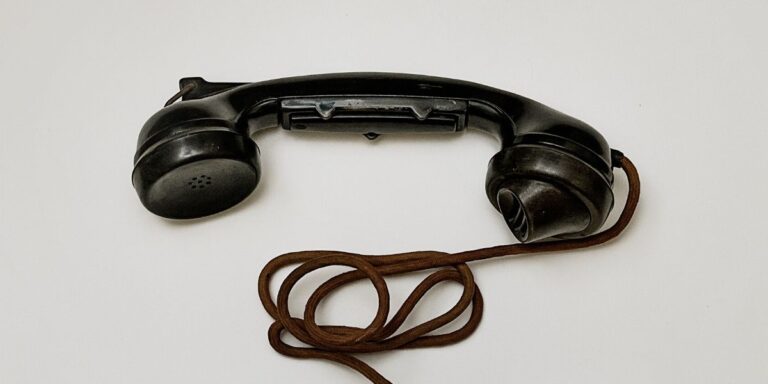Insect Bites: Our Top Tips
Our lead travel health nurse Jo Thompson shares advice for avoiding and treating insect bites.
Vaccines and medication prevent some insect-borne diseases, but many other diseases can only be prevented by avoiding insect bites. Female mosquitoes need to feed on blood to enable them to reproduce. Different species of females may be active at opposite ends of the day. Some do most of their feeding between dusk and dawn; others feed mainly during daylight hours. The types of mosquitoes that carry malaria, West Nile and Japanese encephalitis tend to bite from dusk to dawn (evening/nightime). However, the Aedes mosquitoes that transmit yellow fever, dengue fever, chikungunya fever and Zika Virus infection are more likely to bite from dawn to dusk (daytime).
AVOIDING BITES
- Avoid areas where there are outbreaks of insect-borne diseases
- Be informed about the peak exposure times and favoured locations of local insects
- Wear appropriate clothing: Cover up by wearing long-sleeved tops and long trousers to minimise your risk of being bitten.
- Apply effective insect repellent regularly: Repellents work by masking body odours such as carbon dioxide and lactic acid, so insects are less attracted to you. Up to 50% DEET is still recommended to use as well as Picaridin-based repellents. Be aware that DEET can damage synthetic materials including plastic, so do not allow it to come into contact with spectacles, nail varnish, cameras and watches. Wash your hands after application.
- Using repellents and sunscreen: Apply sunscreen first, let it dry and then apply the repellent.
- Apply appropriate insecticide on your clothing such as Permethrin
- Sleep under a treated mosquito net
- Use mosquito coils, vaporising mats and knock-down sprays when outside
TREATMENT
- Insect bites will usually cause a red, swollen area on the skin that may be uncomfortable and in some cases painful and itchy. The symptoms will normally improve within a few hours or days.
- Apply a cold compress for any swelling.
- Avoid scratching the area as this can make the bite more itchy and can cause any infection.
- Use pain killers or antihistamines as able.
TOP TIP
A client once told me that using a hair-dryer helped. Hold the hair-dryer a few centimetres from the bite (not on the skin) and hold there for 5-10 seconds (as long as you are able to bear the hot temperature) and remove. I laughed when they told me this but I have tried it when my back was covered in mosquito bites, and it really does work. Watch this video.
WHEN TO SEEK HELP
Seek prompt medical help if you develop a temperature of 38°C or more if you spent time in a location where malaria, dengue fever and/or other vector-borne diseases are present. You should also seek treatment if any insect bites become red, swollen or discharge pus as you may need a course of antibiotics.










